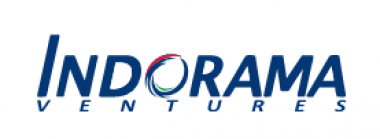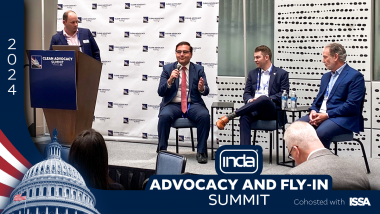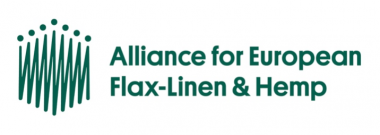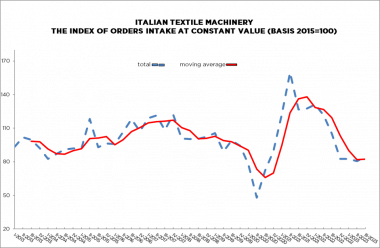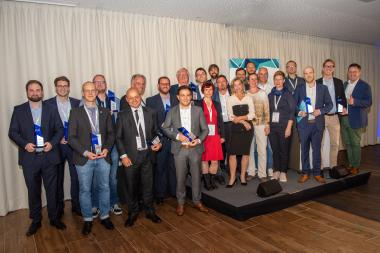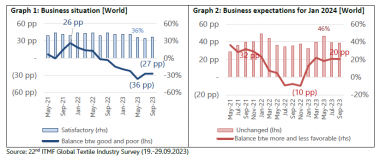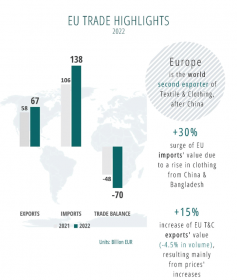INDA applauds Passing of WIPPES Act
INDA, the Association of the Nonwoven Fabrics Industry, applauds the U.S. House of Representatives for passing the Wastewater Infrastructure Pollution Prevention and Environments Safety (WIPPES) Act (H.R. 2964). The WIPPES Act, which creates national standards for “Do Not Flush” labeling for non-flushable wipes, passed out of the House Committee on Energy and Commerce in December of 2023, and on June 12, it cleared the House floor in a bipartisan vote. The bill now awaits consideration in the Senate Science, Commerce, and Energy Committee.
This bipartisan legislation is intended to address the growing problem of sewer system clogs caused by improper disposal of consumer wipes that are not intended to be disposed of in toilets. This federal solution is the result of a years-long industry collaboration with wastewater operators which has resulted in the passage of similar legislation in seven states. The WIPPES Act will create a national standard based on existing state laws to ensure non-flushable wipes will carry prominent “Do Not Flush” labeling on packaging.
“INDA has championed this legislation for the past two years and we are encouraged to see it pass out of the House. We extend our thanks to the bill sponsors, our industry and wastewater partners, and INDA members as we take another step forward to make “Do Not Flush” labeling nationwide,” said Wes Fisher, Director of Government Affairs.
The WIPPES Act lead sponsors in the House are Representative Lisa McClain (R-MI) and Representative Mary Peltola (D-AK) and the bill was introduced in the Senate by Senator Jeff Merkley (D-OR) and Senator Susan Collins (R-ME).
INDA, the Association of the Nonwoven Fabrics Industry








